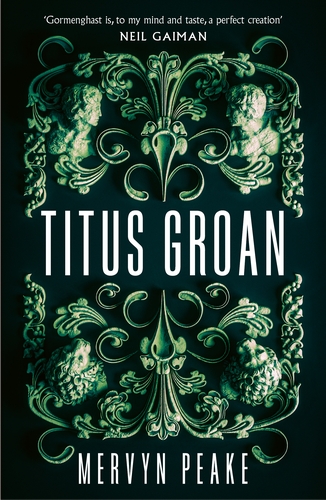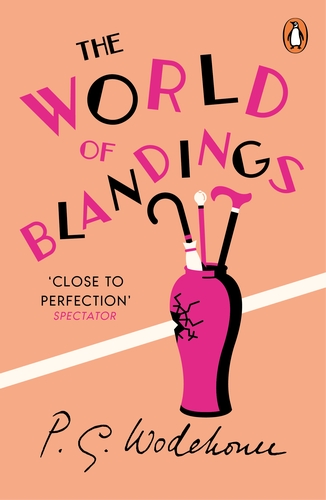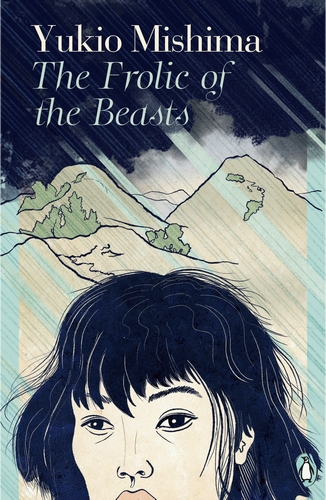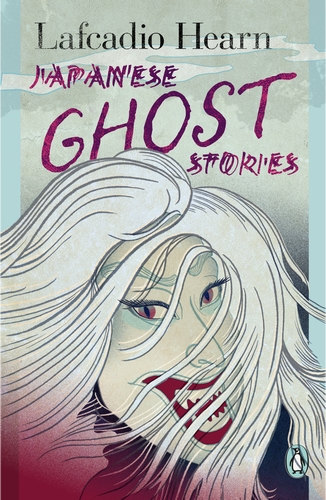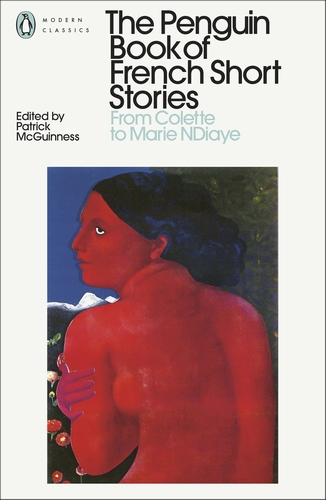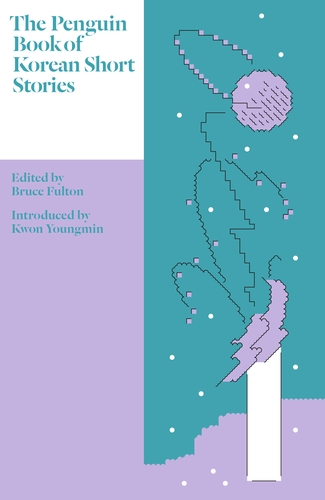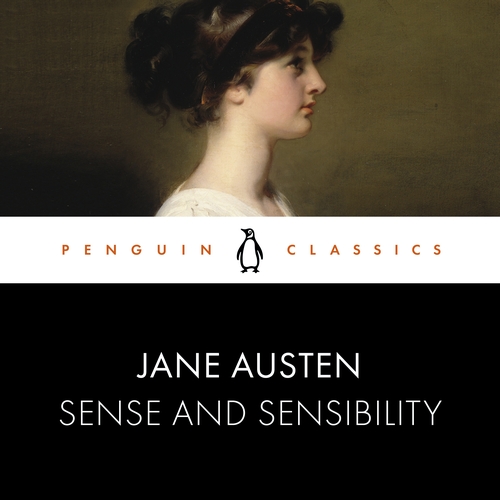Author:George Grossmith,Weedon Grossmith

‘The funniest book in the world’ Evelyn Waugh
Mr Charles Pooter is a respectable man. He has just moved into a very desirable home in Holloway with his dear wife Carrie, from where he commutes to his job of valued clerk at a reputable bank in the City. Unfortunately neither his dear friends Mr Cummings and Mr Gowing, nor the butcher, the greengrocer's boy and the Lord Mayor seem to recognise Mr Pooter's innate gentility, and his disappointing son Lupin has gone and got himself involved with a most unsuitable fiancee...
George and Weedon Grossmith's comic novel, perfectly illustrated by Weedon, is a glorious, affectionate caricature of the English middle-class at the end of nineteenth century.
There's a universality about Pooter that touches everybody...fits into the tradition of absurd humour that the British do well, which started with Jonathan Swift and runs through Lewis Carroll and Edward Lear to Monty Python
—— Jasper Fforde , Time OutThe funniest book in the world
—— Evelyn WaughPooter himself is as gentle as you could wish, a wonderful character, genuinely lovable. The book is beautifully constructed
—— Andrew Davies , Glasgow HeraldOne of those rare books that nails a cultural archetype and has won the affection of successive generations
—— The TimesThe funniest book about a certain type of Englishness...there is a whole line of these comic characters like Captain Mainwaring in Dad's Army, or Basil Fawlty
—— Hugh Bonneville , The TimesHilarious...I'm so fond of the book I named one of my cats Lupin
—— Leslie PhillipsA classic dig at self-importance in suburbia...as fresh and funny today as it was when it first came out in 1892. I defy any reader not to laugh out loud.
—— Sue Macgregor , Daily MailBrilliant...Obviously a masterpiece
—— Paul TherouxAmong the greatest Russian prose writers of this century
—— New York TimesStartlingly prophetic novel ... As a foretaste of the horrors of the gulag, that's pretty hard to beat
—— Mail on SundayThese books are indescribable. The power of devastation they inflict upon their subject matter exceeds by far any demands of social criticism and should be measured in units that have very little to do with literature as such
—— Joseph BrodskyThis is a ground-breaking piece of work. One of the crucial missing pieces in the great, slow, ongoing process of reassessment of literary reputations from that Soviet period. An immensely difficult task of translation...brilliant
—— Dr Susan Richard, author of Lost and Found in RussiaAndrey Platonov is one of Russia's greatest modernist scribes. Like his fellow science-fiction writer Yevgeny Zamyatin - author of the astonishing futurist novel We, published in the 20s - he was also among that tortured country's most prescient literary artists...The Foundation Pit, written in 1930 and now published for the first time in English, is his most striking attempt to convey the extreme estrangement suffered by ordinary people as collectivisation in agriculture proceeded across the USSR...one of the most prophetic nihilistic tales of this ruined century.
—— The West AustralianCompleted in 1930 but unpublished during his lifetime, Platonov's masterpiece, a scathing satire of the Soviet attempt to build a workers' utopia, gauges the vast human tragedy of Stalinism, portraying a society organized and regimented around a monstrous lie, and thus bereft of meaning, hope, integrity, humanity...His dark parable is a great dirge for Mother Russia as well as a savage analysis of the split consciousness fostered by an oppressive system. Platonov's books are still being unearthed in Russia decades after his death.
—— Publishers WeeklyA 20th-century Russian masterpiece...The Foundation Pit is a savage satire on collectivisation, a nightmarish vision of humanity trapped by the infernal machinery of totalitarianism...Platonov's grimly comic vision of a brave new world is as universal in its implications as any other account of a hellish utopia our century has produced..the dance of madness in The Foundation Pit is articulated as the suppression of anything human - sorrow and joy, hope and despair.
—— Sydney Morning Herald